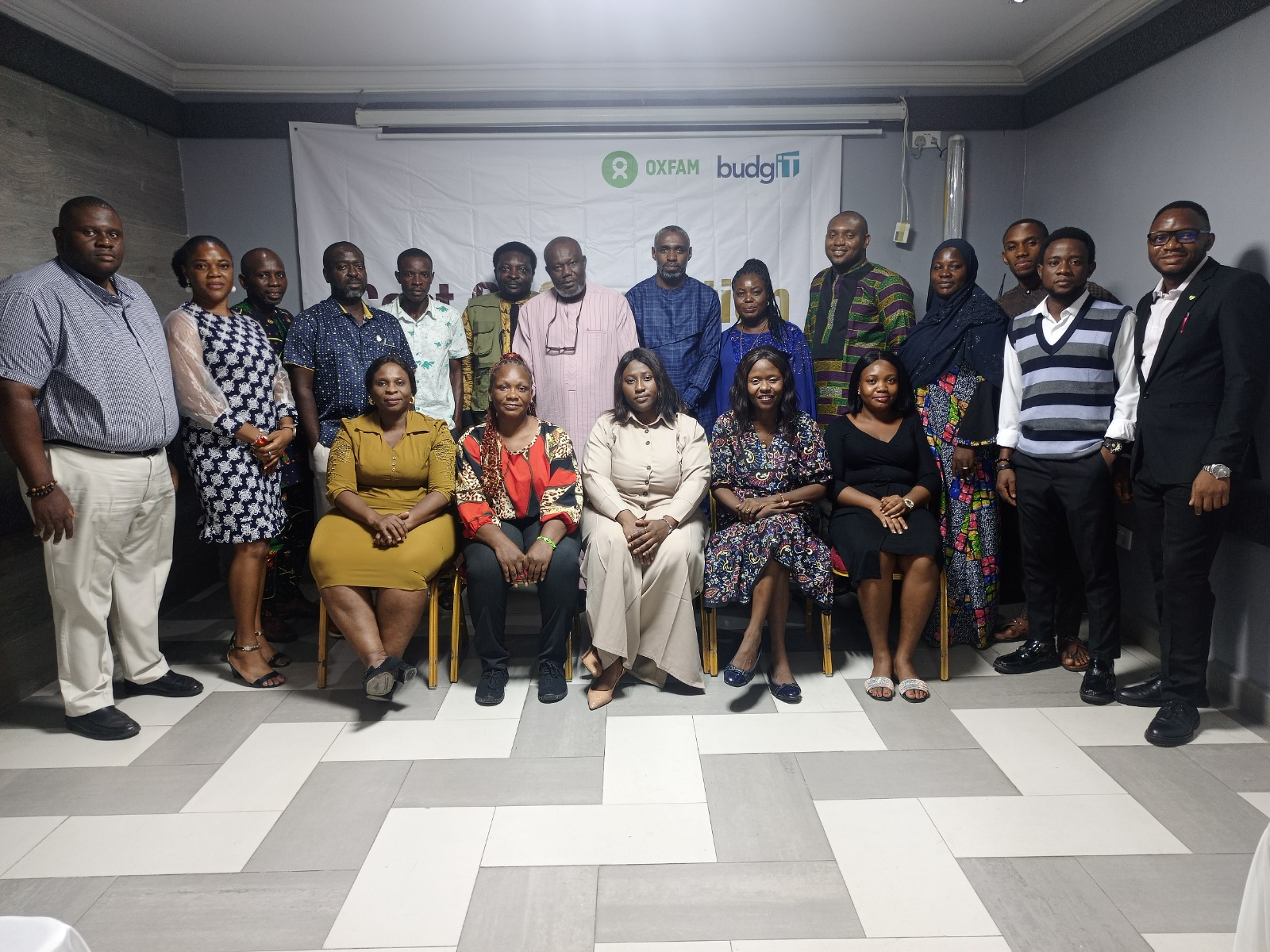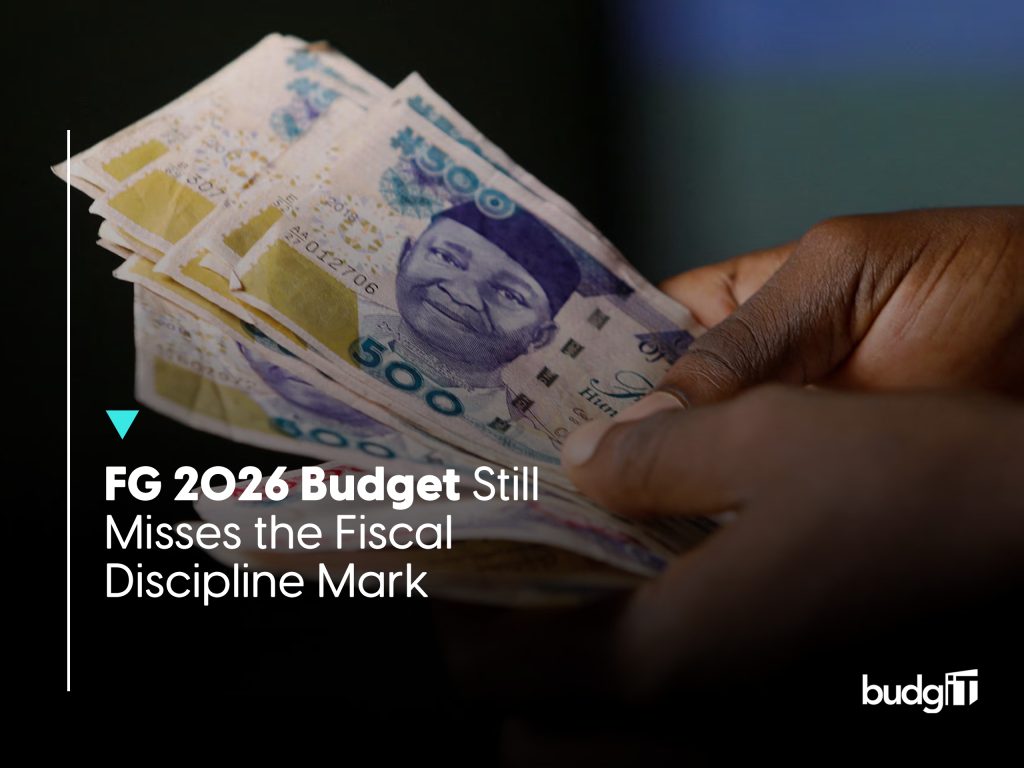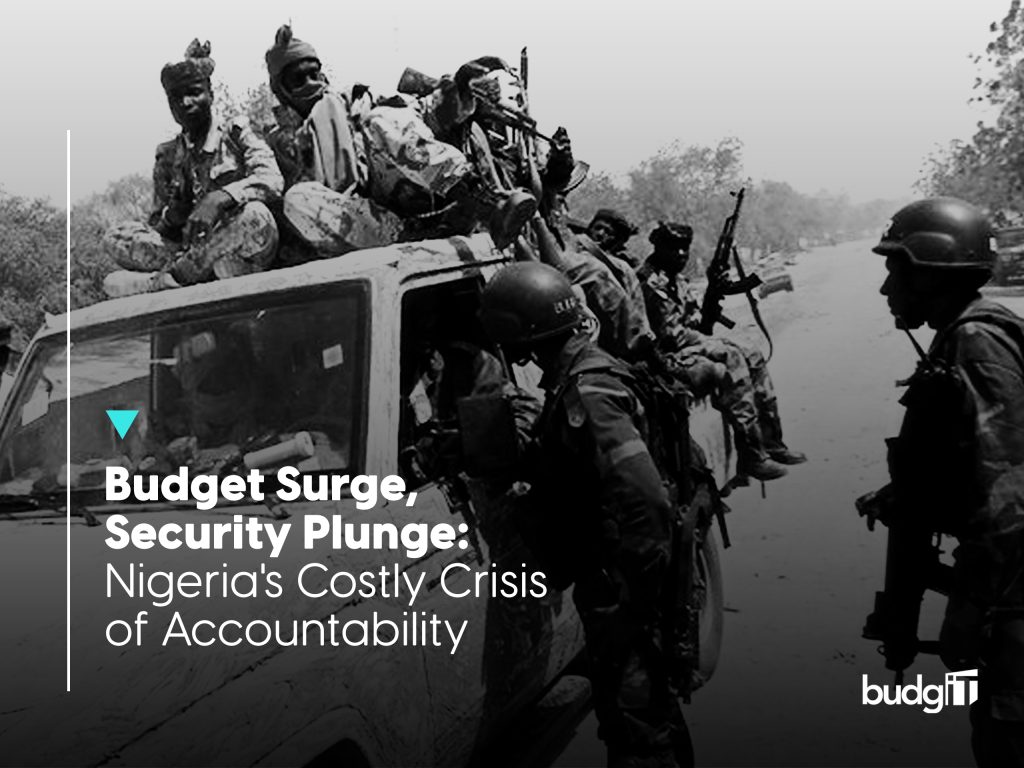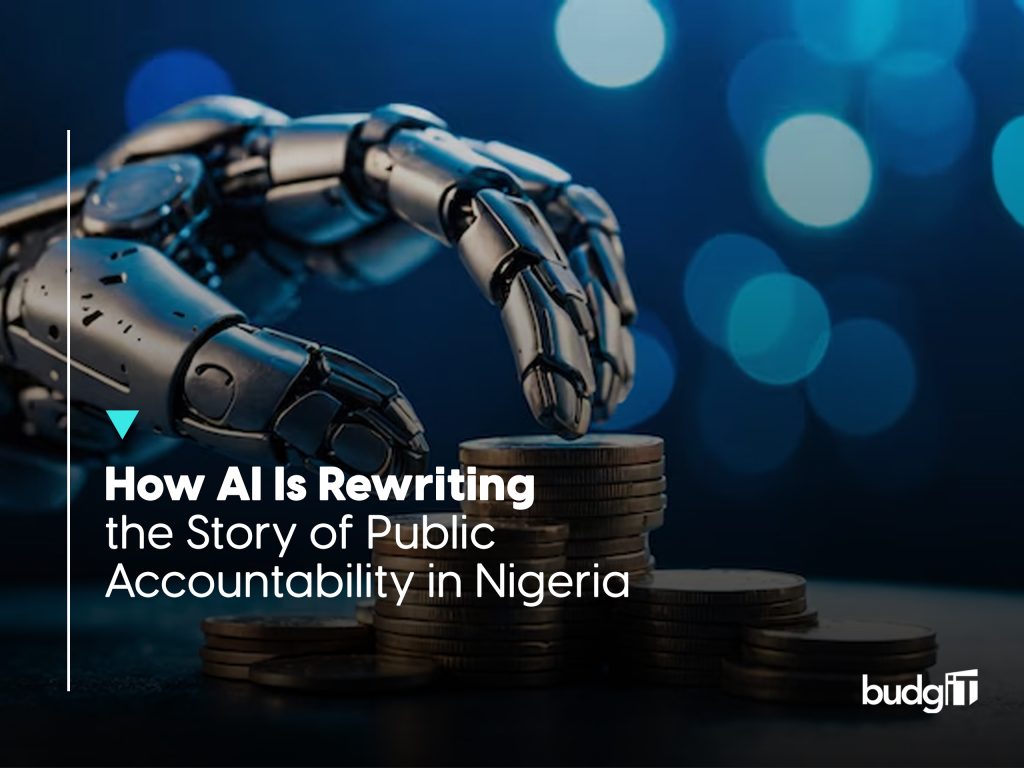Joint Communique Issued at a Workshop for CSOs on Contract and Beneficial Ownership Transparency in Nigeria’s Oil and Gas Industry on November 28, 2024.
Corruption in the extractive industry has far-reaching consequences for host communities, undermining development and perpetuating cycles of poverty. In response to these ongoing challenges posed by corruption in the extractive sector, civil society organisations (CSOs) are issuing this communiqué to emphasise the urgent reforms needed to enhance transparency and accountability, particularly regarding resource management for host communities.
BudgIT, with support from Oxfam Nigeria, recently engaged CSOs and the media on November 28, 2024, in a one-day workshop titled “The Cost of Corruption” at the Visa Karena Hotel, Port Harcourt, Rivers State. The workshop brought together 20 participants from civil society organisations, anti-corruption agencies, and media organisations, aiming to build citizen-led movements for change in the oil and gas and mining sectors, particularly within the Niger Delta region.
The workshop focused on two main issues: “Contract Transparency and Beneficial Ownership Transparency in the Mining and Oil and Gas Industries,” emphasizing the importance of contract transparency and beneficial ownership transparency and accountability. Participants explored the effects of corruption on host communities in the Niger Delta and discussed strategic action plans to tackle these issues.
At the end of the interactive sessions, the following observations and recommendations were made on the needs, gaps, and progress of open contracting in the state:
Observations:
The following observations were made:
- In addition to the Commission’s annual report on the oil and gas industry, details of oil and gas licences are now available on the NUPRC websites, although this can be cumbersome to locate. These include petroleum prospecting leases (PPLs) and petroleum mining leases (PMLs) now available on the Nigerian Upstream Petroleum Regulatory Commission (NUPRC) website, numbering 63 and 23, respectively, as of the end of 2023.
- Details of divestment contracts have yet to be published on the Commission’s website or the NNPCL.
- Details of crude oil for loan contracts are yet to be disclosed on the NNPCL website.
- While regulations have been developed for beneficial ownership disclosures, the commission has yet to establish rules to guide contract transparency in the oil and gas industry.
- Although implementation took time, details of contracts from 2021 can now be found on the NNPCL website.
- The NMDPRA has yet to publish any contracts issued in the midstream and downstream sectors on its website.
- Disclosures of mining licenses on the Mining and Cadastre Office (MCO) website have yet to be backed by legislation making disclosures voluntary rather than mandatory.
- In several cases, contracts issued by host community development trusts are not published as required by law.
Recommendations
The key advocacy points are outlined below:
- Transparency of Host Communities Development Trust: Provisions in the Petroleum Industry Act 2021 that mandate the disclosure of contracts awarded by Host Communities Development Trust (HCDT) should be enforced where they do not exist currently. Disclosures should provide clear and accessible information about funding allocations, project implementations, and community engagement processes. Ensuring transparency in these operations is vital for effectively using resources to develop host communities.
- Establishment of a Dedicated Agency for Host Community Development: The Nigerian Upstream Petroleum Regulatory Commission (NUPRC) should increase attention to the regulatory oversight of the Host Communities Development Trust. This should focus on the needs and rights of host communities, ensuring that development initiatives align with local priorities and that there is accountability for fund utilisation.
- Disclosure of Divestment Contracts by NUPRC and NNPCL: The Nigerian Upstream Petroleum Regulatory Commission (NUPRC) and the Nigerian National Petroleum Company Limited (NNPCL) should add details of multinational divestment contracts to the existing pool of contracts published on their websites. Such transparency is critical for maintaining public trust and ensuring all stakeholders are informed about changes that may impact community resources and welfare.
- Contract Transparency Portal: The NUPRC should create a dedicated portal for disclosing oil and gas contacts, similar to the portal dedicated to publishing beneficial ownership. Civil Society Organisations have called for the creation of a Contract Transparency Portal (A one-stop portal for contracts)
- Contract Transparency Regulations: The NUPRC and the Mining and Cadastre Office (MCO) should develop and implement regulations for contract transparency to guide implementation and compliance with the relevant sections of their laws.
- Update Laws and Regulations Guiding the Solid Minerals Sector: Contract transparency and beneficial ownership transparency provisions should be included in the ongoing efforts to amend the Nigerian Mineral Mining Act 2007 and Nigerian Mineral Mining Regulation 2011
- Mineral Mining Contracts and Licenses: The Mining Cadastral Office will publish the full text of all contracts, licenses, and permits issued to companies on its portal.
- Midstream and Downstream Contract Transparency: The Nigerian Midstream and Downstream Petroleum Regulatory Agency (NMDPRA) should upload on its website all contracts and licences issued to oil and gas companies in the Midstream and Downstream Petroleum subsector in compliance with the provisions of the Petroleum Industry Act 2021
- Crude for Loans: The NNPCL should publish details of crude oil for loan contracts on its website, the same way oil prospecting and mining contracts are published and accessible via its website.
- Quality of Data on Beneficial Ownership Register: The NUPRC and CAC beneficial owners’ registers should be regularly updated and made easily accessible. Compliance with provisions and guidelines for beneficial ownership declaration by companies operating in the extractive industry must also be ensured.
We call on all stakeholders, including government agencies, industry players, and civil society organisations, to collaborate to make these changes a reality. Together, we can combat corruption and ensure that the benefits of our natural resources are shared equitably.
Endorsed by:
Abajitoru Women Development Initiative
Akulga
BudgIT Foundation
Citizens Advancement Centre
Citizens Voice Initiative
Community Development Advocacy Foundation, CODAF
Community Empowerment Development Initiative, CEDI
Eifay
GADA
Get a Life Initiative
Light Hope Foundation
Nature News
Pius Dukor Foundation
Policy Alert
Relief Int’l Africa
School Action
Sis Dev
Stakeholder Democracy Network



